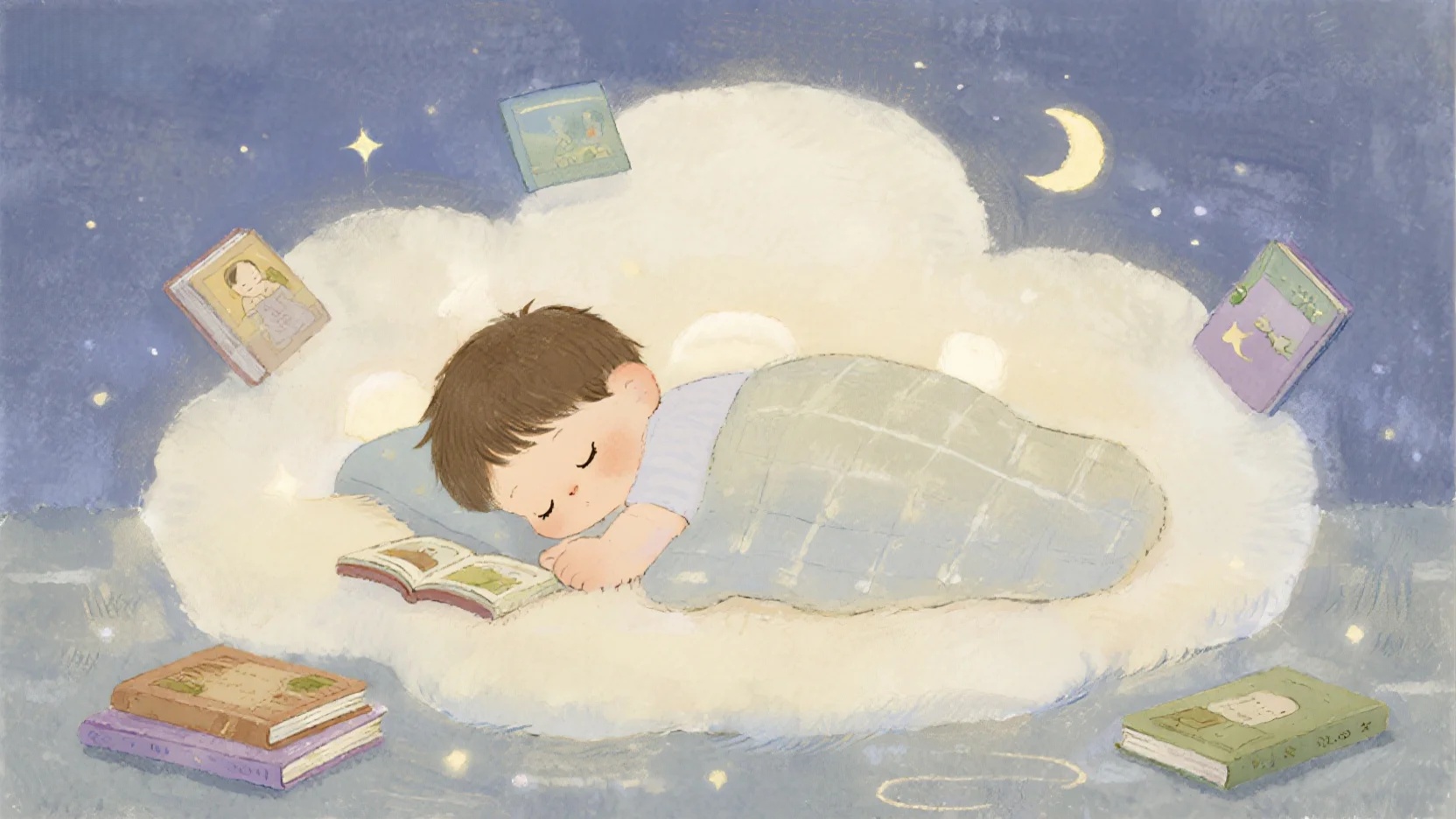Establishing a consistent and calming bedtime routine for your 2-year-old is key to ensuring they get the restorative sleep they need—while keeping your evenings peaceful. Here’s a detailed, science-backed guide to creating the perfect sleep schedule for your toddler.
How Much Sleep Does a 2-Year-Old Need?
Toddlers between 1 and 2 years old require 11 to 14 hours of sleep in a 24-hour period, including:
- •10–12 hours of nighttime sleep
- •1–2 hours of daytime napping
A well-rested toddler is happier, more focused, and better at regulating emotions. Missing sleep can lead to crankiness, tantrums, and even developmental delays.
The Ideal Daily Sleep Schedule for a 2-Year-Old
Here’s a balanced routine that aligns with a toddler’s natural sleep-wake cycle:
| Time | Activity |
|---|---|
| 7:00 AM | Wake up & breakfast |
| 12:00–2:00 PM | Nap (1.5–2 hours) |
| 6:30 PM | Begin bedtime routine |
| 7:00–7:30 PM | Lights out, asleep |
Why This Works:
- •Early bedtime (7–8 PM) matches their natural melatonin rise, helping them fall asleep faster.
- •A midday nap prevents overtiredness, which can make bedtime harder.
- •Consistency trains their body clock for better sleep quality.
Why a 7–8 PM Bedtime Is Best
Research shows that toddlers experience their deepest, most restorative sleep between 8 PM and midnight. An earlier bedtime:
✔ Reduces night wakings (overtired kids wake up more)
✔ Supports brain development (critical for memory & learning)
✔ Improves mood and behavior (less tantrums the next day)
Signs Your Toddler Needs an Earlier Bedtime:
- •Frequent night awakenings
- •Early rising (before 6 AM)
- •Meltdowns before bedtime
The Perfect Bedtime Routine (30–60 Minutes Before Sleep)
A predictable, calming routine signals to your toddler that it’s time to wind down. Here’s a step-by-step guide:
- 1.Warm Bath (5–10 min)
- •Helps lower body temperature, signaling sleepiness.
- •Use lavender-scented baby wash for extra relaxation.
- 2.Pajamas & Teeth Brushing
- •Keep it cozy—soft fabrics help them feel secure.
- •Make toothbrushing fun (sing a song to distract from resistance).
- 3.Quiet Time (10–15 min)
- •Read a short, calming book (Goodnight Moonis a classic).
- •Avoid overly stimulating stories (no dinosaurs or action scenes!).
- 4.Dim the Lights & White Noise (Optional)
- •Use a nightlight if they’re afraid of the dark.
- •A white noise machine can mask household sounds.
- 5.Final Comfort Check
- •Offer a lovey (stuffed animal or blanket for security).
- •Say a short, reassuring phrase (“Goodnight, I love you”).
Pro Tip: Keep the routine short (20–30 min max)—dragging it out can lead to stalling tactics!
Optimizing the Sleep Environment
A sleep-friendly bedroom makes a huge difference in helping your toddler stay asleep.
✅ Temperature (68–72°F / 20–22°C) – Too hot or cold disrupts sleep.
✅ Darkness – Blackout curtains help block early morning light.
✅ Quietness – White noise can drown out sudden noises (dogs, traffic).
✅ Comfort – A toddler bed or crib with a firm mattress is safest.
Avoid These Sleep Disruptors:
- •Screen time before bed (blue light delays melatonin).
- •Sugar or caffeine (even chocolate can keep them awake).
- •Overstimulating play (roughhousing delays relaxation).
Troubleshooting Common Sleep Problems
1. My Toddler Fights Bedtime!
- •Fix: Move bedtime 15 minutes earlier (overtiredness causes resistance).
- •Try: A “bedtime pass” (one extra hug, then lights out).
2. They Wake Up at Night
- •Fix: Keep responses boring & brief (no playtime or long chats).
- •Try: A “sleep training” method (Ferber or chair method).
3. Early Rising (Before 6 AM)
- •Fix: Adjust bedtime slightly later (sometimes too much sleep = early waking).
- •Try: A toddler alarm clock (turns green when it’s okay to wake up).
Final Tip: Consistency Is Key
Toddlers thrive on predictability. Stick to the same bedtime (+/- 30 min) even on weekends. After 2–3 weeks, you’ll notice:
✔ Easier bedtimes (less fighting)
✔ Longer sleep stretches (fewer night wakings)
✔ A happier, well-rested toddler (and parent!)
Need a printable schedule? Let me know—I’d be happy to share one!
Sweet dreams! 😴✨








